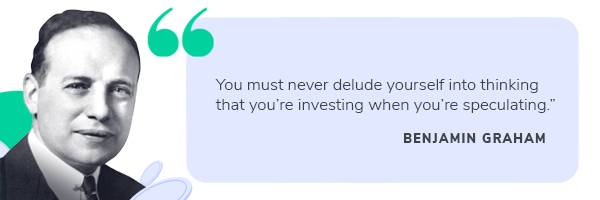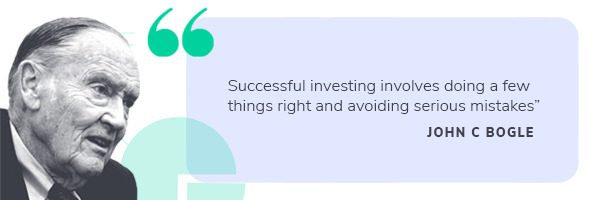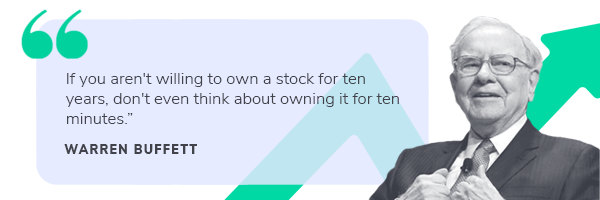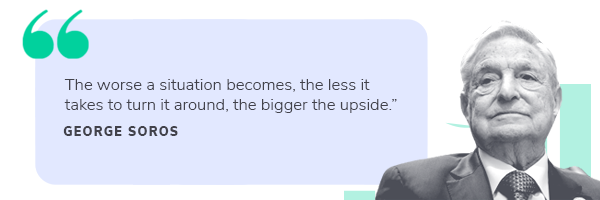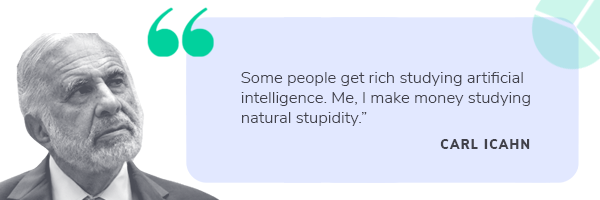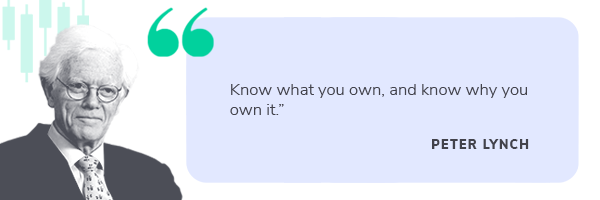Learnings from All-Time Great Investors

We all have fancied becoming as learned and equipped as the stalwarts of the investing industry. Everyone strives to become a student of these masters to gain first-hand knowledge of successful investing.
However, there is one golden rule. We should not ape their investments. We do not know what their goals are, how much risk they can take and how much they have saved up an emergency fund. Goals and risks are two critical parameters that differentiate one investor from another.
Nevertheless, their abundant knowledge and life experience can be helpful in decision-making.
Here we bring you learnings from the top 5 legendary investors with excerpts of their learnings through books and interviews!
Benjamin Graham
Benjamin Graham, also known as the “Father of Value Investing” and teacher/mentor to Warren Buffett, has been considered one of the most significant investment advisors of all time. He is the author of the best-selling book – The Intelligent Investor, which is regarded as one of the best books for investors to read – says Warren Buffett.
His learnings are very simple. Such as:
- Future is not known, and hence it is best not to judge but to protect oneself from adverse events and reduce risk.
- Gauge and assess what type of investor you are. Enterprising or Defensive!
- Keep multiple margins of safety. Make use of the price-value discrepancy. There is a margin of safety when the shares are trading below the intrinsic value.
- Always try to avoid debt. It is an early sign of bankruptcy.
- DIVERSIFY! To reduce overall risk on your portfolio.
- Mean reversion is a fundamental law and is bound to happen. It means that a business trading at a price higher or lower than indicated value will see a convergence of its stock price and its business value over time.
John C Bogle
The founder and chief executive of The Vanguard Group, John “Jack” Bogle, is the one who invented the philosophy of investing in index funds and made the first-ever index fund. Common Sense on Mutual Funds- New Imperatives for the Intelligent Investor is his best-selling book to date and is considered one of the all-time classics for the investors’ community.
In 1976, he launched the First Index Investment Trust (precursor of Vanguard 500 Index), the first-ever index fund available for the general public.
He followed a simple philosophy based on common sense. Which are as follows:
- He always believed in having low-cost funds, so he introduced the index fund to beat the index and have low costs associated with it.
- Do not over-own funds. Too many funds can harm one’s portfolio.
- Always keep the asset size in mind before investing.
- Keep long-term patience over short-term action with keeping ethics and emotions in line.
- Use the past performance to gauge the consistency and risk associated with the fund.
Warren Buffett
“Be skeptical. If something looks too good to be true ….”
Warren Edward Buffett, also known as the “Oracle of Omaha”, is the Chairman and CEO of Berkshire Hathaway. A magnificent philanthropist who has pledged to give 99% of his wealth.
Some of the learnings are as follows:
- Start early. The earlier you start, the more wealth you will be able to accumulate.
- Have discipline and patience with your investments. Do not hurry to sell them.
- Buy shares only at a fair price.
- Never buy any company whose business you do not understand. Play to your strengths and have a proper research-backed investment.
- Try finding opportunities in the bear market.
George Soros
“The worse a situation becomes, the less it takes to turn it around, the bigger the upside.”
George Soros, also known as “The Man Who Broke the Bank of England”, is a Hungarian-born American billionaire and philanthropist. He is an avid trader who formulated the General Theory of Reflexivity, which tells us about the asset bubbles and the fundamental value of securities. He was the founder of Soros Fund Management, which was famous for the Quantum Fund.
He is not on the long-term investing side. Instead, he is a short-term speculator himself. Some of his learnings include:
- Uncertainty is the name of this game. Accept that you and the market both can be wrong in varying degrees.
- We have to think in terms of possibilities and constantly adapt to the ever-changing paradigm.
- You have to accept the risk of all kinds- known and unknown so that you can maintain a healthy relationship with them.
- Do not feel hesitant to go against the crowd.
- “If investing is entertaining, if you’re having fun, you’re probably not making any money. Good investing is boring.”
Carl Icahn
“Some people get rich studying artificial intelligence. Me, I make money studying natural stupidity.”
Carl Celian Icahn, also known as the “corporate raider”, is an American businessman, founder, and controller of Icahn Enterprises. He has a reputation for hostile takeovers and asset stripping of companies after becoming a major shareholder in them over some time. He mastered the art of arbitrage trading over the years in his career, which helped him make huge profits.
Some of his learnings are as follows-
- You can be an active trader and a long-term investor. There are no restrictions to follow one.
- What is currently popular is generally wrong. The thing which is popular among the masses turns out to be incorrect. In other words, it is the herd mentality that ruins many investors.
- Be an active member of the companies you invest in to reap the benefits.
- Learn to enjoy the hunt rather than the reward. Too much money will not do anything. It is the love for what you do that keeps you going.
- Make your plans as you go along. You can and have to adapt according to the real-time environment, but that does not mean you cannot be decisive. Keep looking out for opportunities with patience. It will eventually come along.
Peter Lynch
Peter Lynch has always followed the strategy of investing in what you know. The Fidelity Fund Manager who beat the index itself, suggests, to know about the company whose stock you buy. Focus on the market leaders and tap into the defensive industries.
To know more about his investing strategies, visit: What is Peter Lynch’s Strategy of Investing
To sum up, these are all the learnings, beliefs, and philosophies of the all-time great investors. This is not a recommendation of any kind. We all look forward to learning different things but note that most of these come from the investment of time and experience over the years. Do not rush into doing something. Have patience and discipline.
